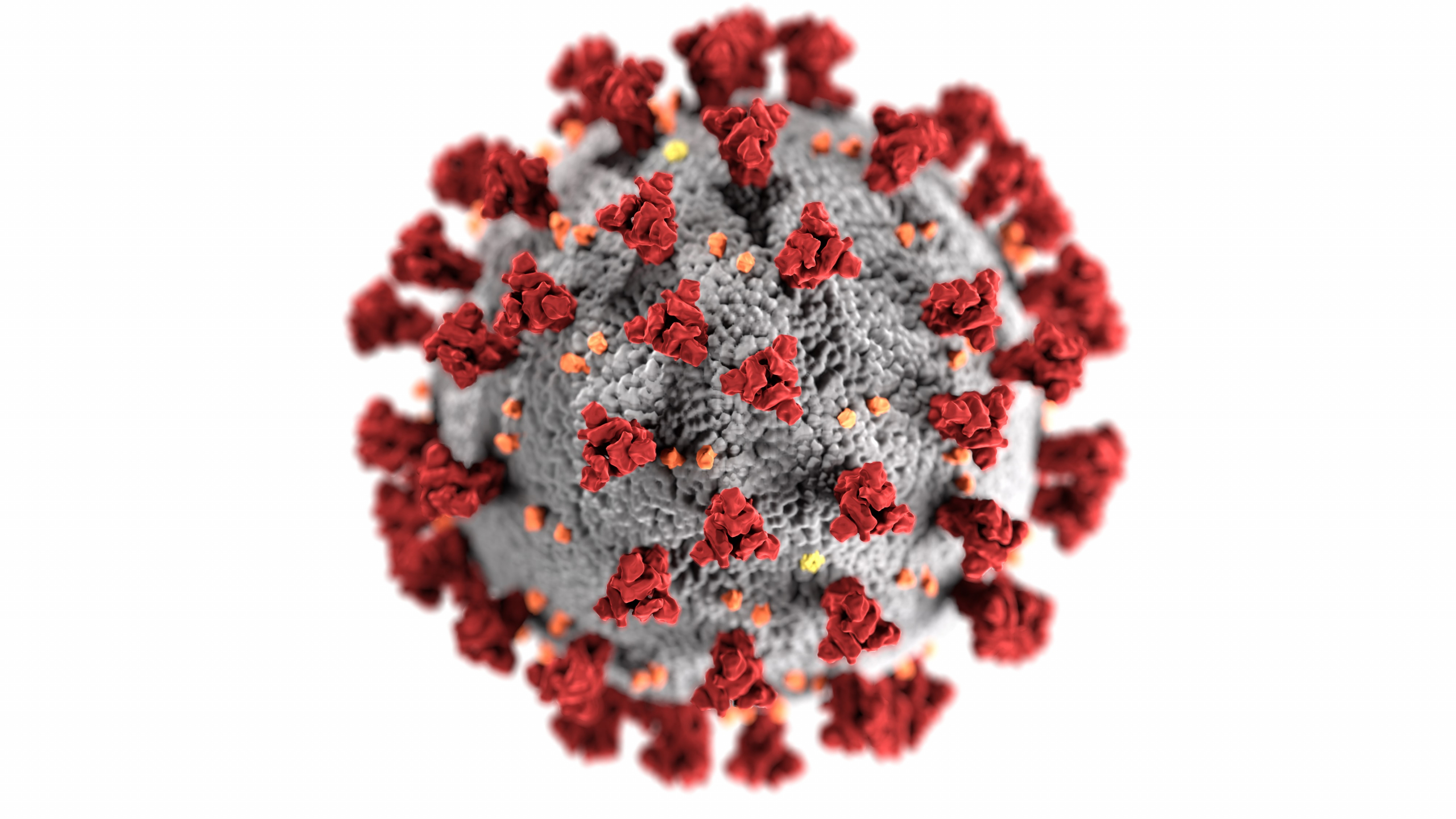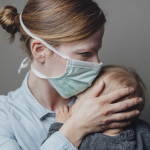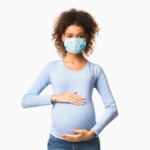It is difficult to describe how much things have changed over the past week as we responded to the outbreak of coronavirus in the United States.
Even in the best of times, women who are pregnant or have children are acutely aware of the enormous responsibility they carry in caring for their families. When the world presents new threats and challenges, normal worries can grow into fear and anxiety.
It is especially challenging when the information we receive is so rapidly evolving. On the internet, news travels quickly, but often there are conflicting options on how we should protect ourselves and our families. Guidelines vary from country to country or state to state, and it is sometimes difficult to distinguish fact from fiction.
Even for those who are healthy, this is a challenging time. Many of the things we rely on– schools, day care centers, libraries, restaurants — will be limiting their hours or closing. With recommendations related to “social distancing”, many feel deprived of the social support and communities that are important to their daily lives.
At the Center for Women’s Mental Health, it has always been our belief that one of our best tools for combating anxiety is to provide accurate and up-to-date information. There are several sites that provide information about COVID-19:
Center for Disease Control or coronavirus.gov
Coronavirus (COVID-19): Latest Updates from Massachusetts General Hospital
Massachusetts Department of Public Health Coronavirus Disease 2019
Mass 2-1-1 at mass211.org or call 2-1-1 to find essential community services
Guidelines for Women Who are Pregnant:
According to the American College of Obstetricians and Gynecologists, we have limited information regarding COVID-19 during pregnancy; however, in the absence of adequate information, we consider pregnant women to be an at-risk population for COVID-19 because they are more vulnerable to other types of respiratory infection, such as influenza.
At this time, very little is known about COVID-19, particularly related to its effect on pregnant women and infants, and there currently are no recommendations specific to pregnant women regarding the evaluation or management of COVID-19.
Currently available data on COVID-19 does not indicate that pregnant women are at increased risk. However, pregnant women are known to be at greater risk of severe morbidity and mortality from other respiratory infections such as influenza and SARS-CoV. As such, pregnant women should be considered an at-risk population for COVID-19.
Adverse infant outcomes (eg, preterm birth) have been reported among infants born to mothers positive for COVID-19 during pregnancy. However, this information is based on limited data and it is not clear that these outcomes were related to maternal infection. Currently it is unclear if COVID-19 can cross through the transplacental route to the fetus. In limited recent case series of infants born to mothers infected with COVID-19 published in the peer-reviewed literature, none of the infants have tested positive for COVID-19.
The CDC has an information page specifically for pregnant and postpartum women.
It is unclear how efforts to minimize COVID-19 spread within the community will impact prenatal care. Patients have been asked to cancel non-essential visits to the hospital. While prenatal care consists of multiple “routine” visits, these visits are essential components of prenatal care. Furthermore, many elements of routine prenatal care cannot be performed remotely.
At this point, the CDC and ACOG have not issued any recommendations specific to pregnant women. As they do not provide any specific guidelines about routine prenatal visits, they specifically state that women who may have symptoms suggestive of COVID-19 infection (fever, cough, shortness of breath) first should contact their health care provider to determine the need for testing.
Resources for Health Care Providers:
Outpatient mental health services will be more limited. In our hospital, there is an ongoing effort to limit the number of people moving in and out of the hospital. Fortunately, we will be able to offer many of our patients care on a telehealth platform. Hopefully this option will be more widely available.
The American Psychiatric Association provides a list of resources for psychiatrists caring for patients during the COVID-19 outbreak.
The American Psychological Association and National Association of Social Workers also have specific COVID-19 resource pages.
For obstetric providers, the American College of Obstetricians and Gynecologists and the Society for Maternal-Fetal Medicine have developed an algorithm to aid practitioners in assessing and managing pregnant women with suspected or confirmed COVID-19. Providers may also refer to the CDC’s Interim Clinical Guidance for Management of Patients with Confirmed 2019 Novel Coronavirus (2019-nCoV) Infection and guidance for Evaluating and Reporting Persons Under Investigation (PUI).
Moving Forward
We will continue to share information on resources pertinent to the providers and patients who visit our website.









Leave A Comment